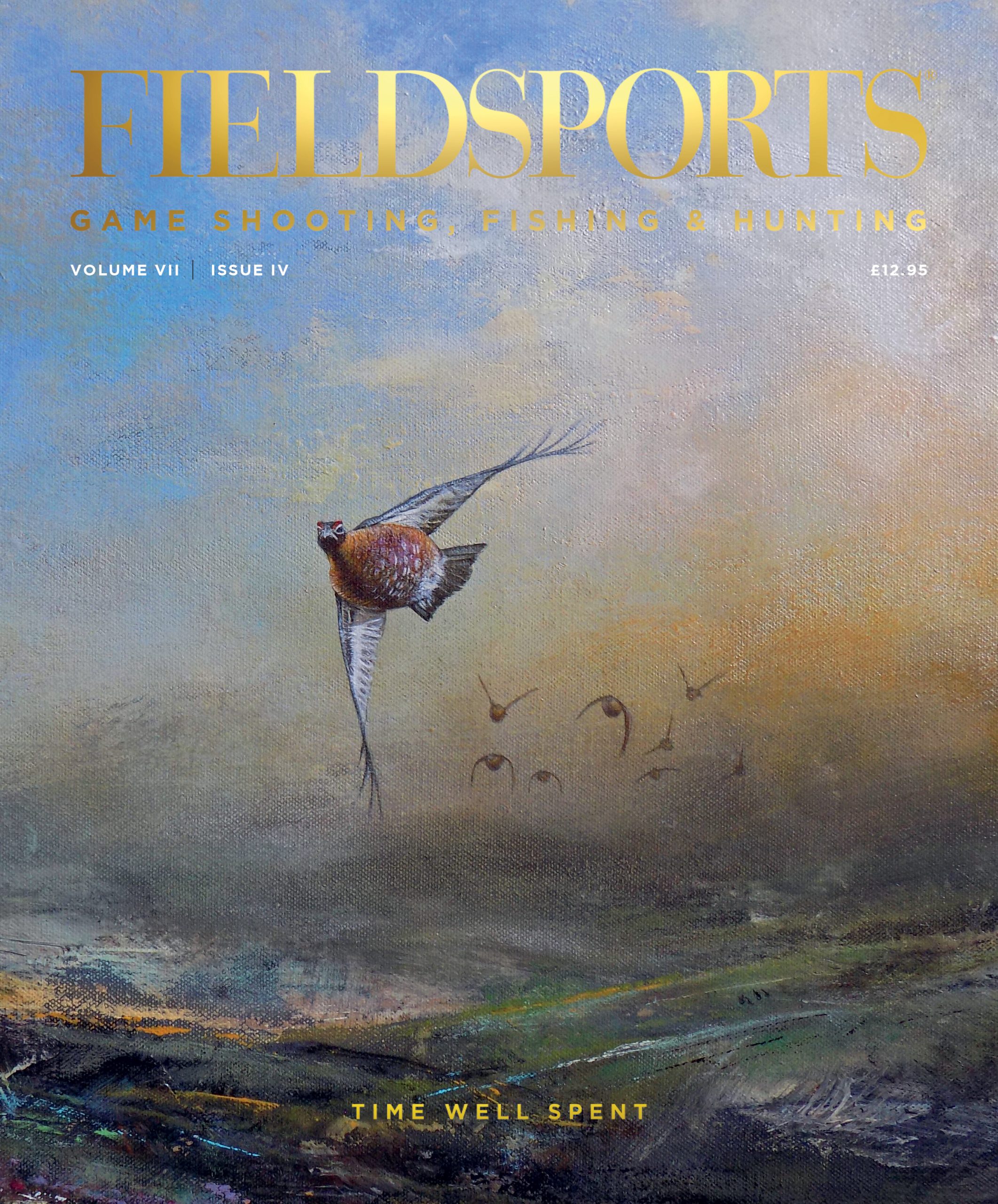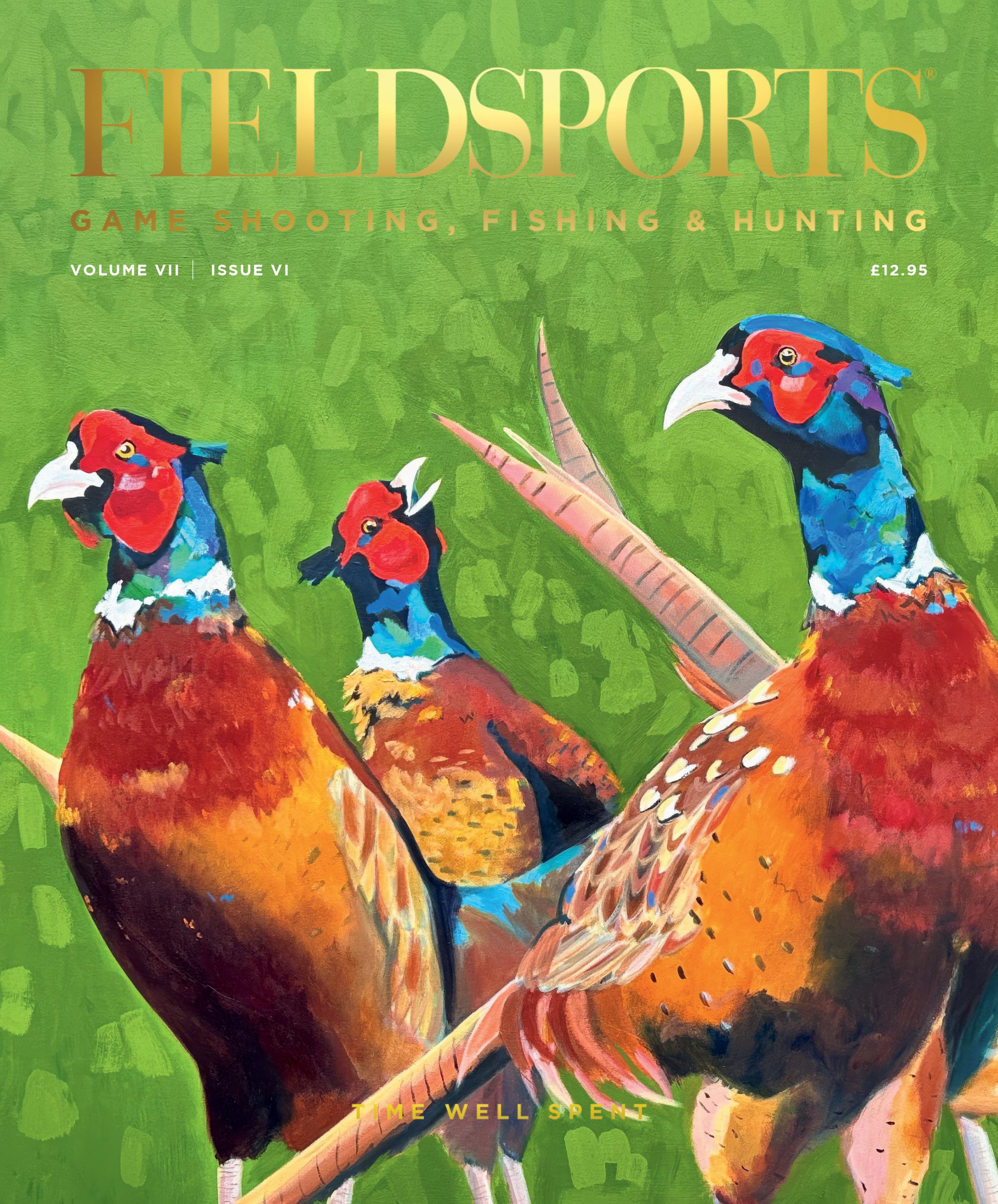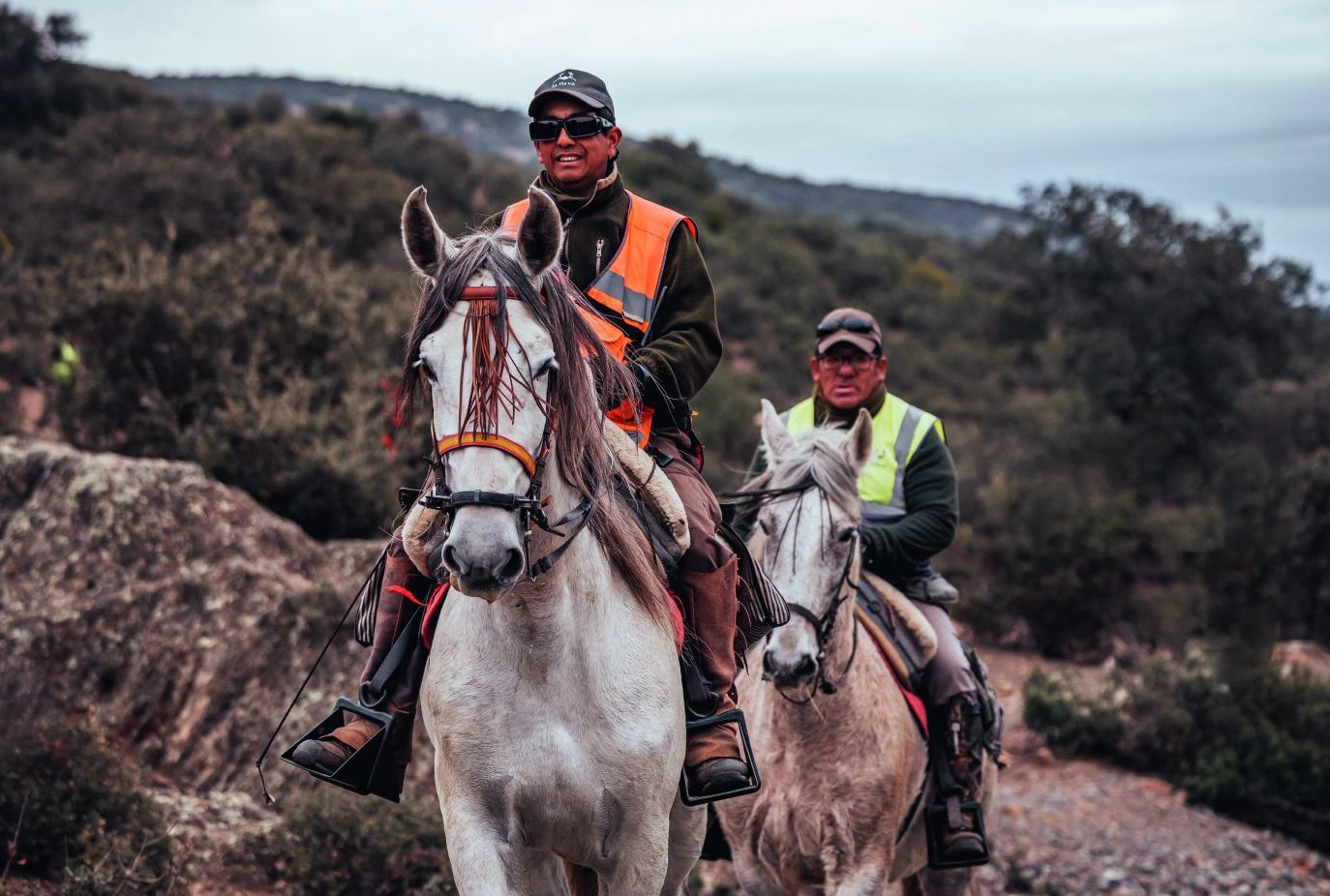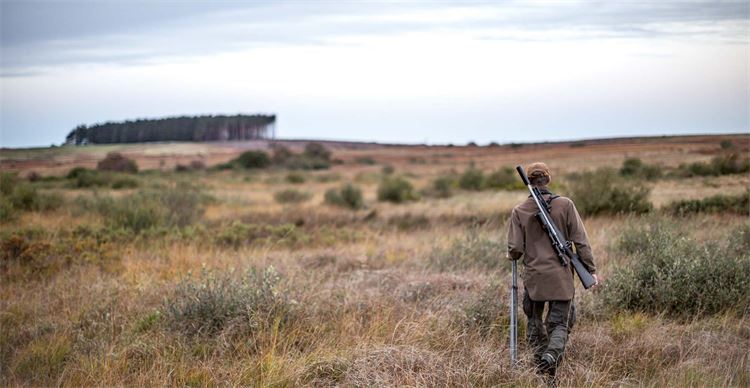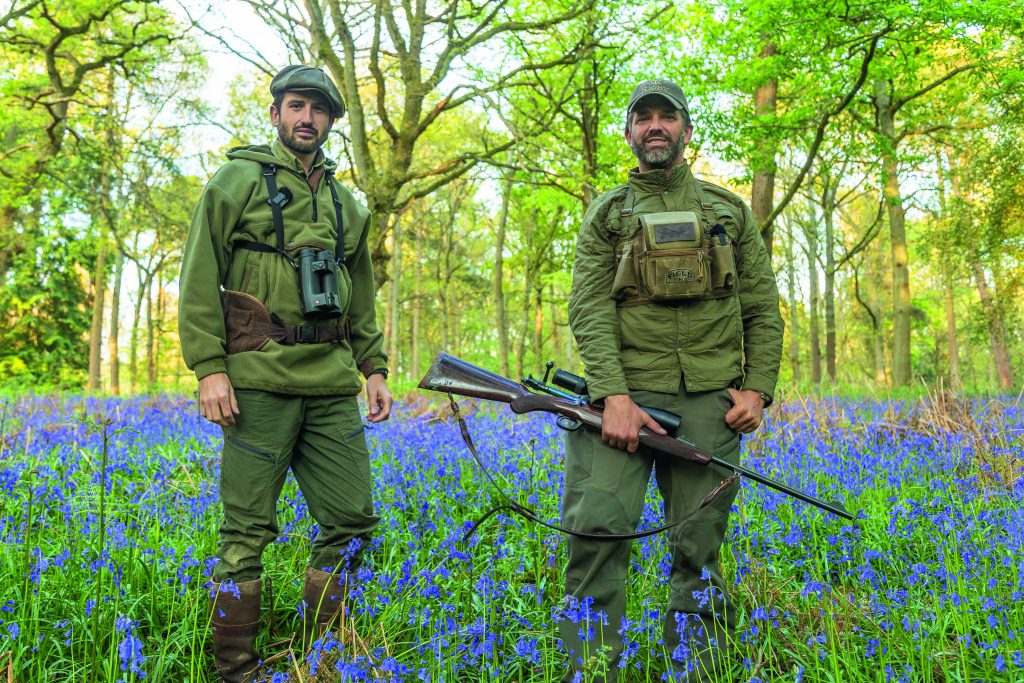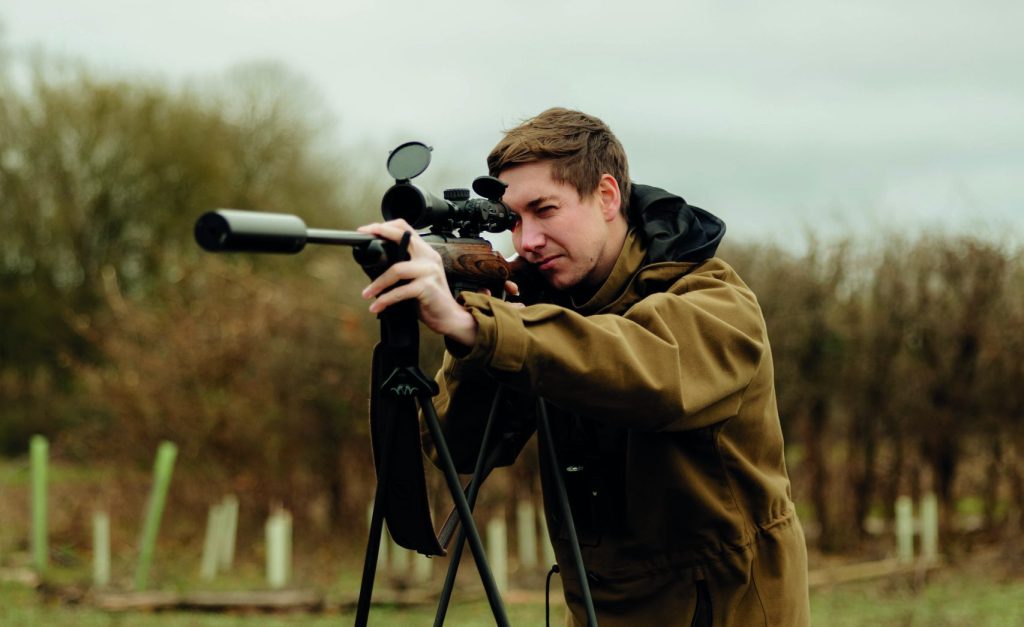Knowledge is key
Hugh van Cutsem talks us through his experience of taking the Deer Stalking Certificate Level 1 (DSC1) course.
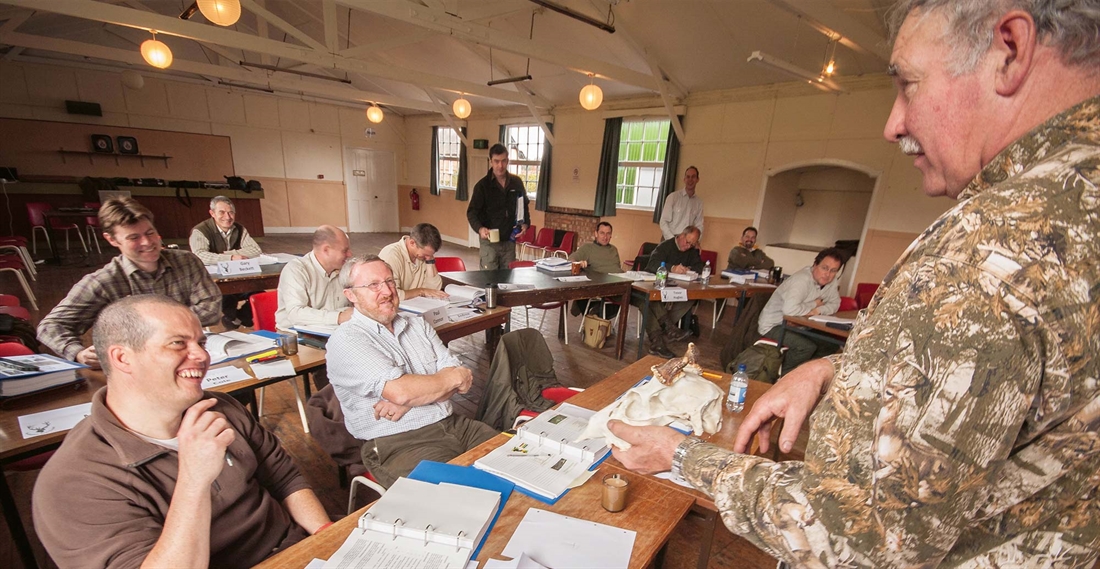
Within a wider European landscape (and no, the ‘B’ word is not about to be mentioned), we are almost unique in Britain both in how we manage our deer populations within a regional context, and what we require of the people who are undertaking that management.
As I sit here with one of my brothers and two friends in a warm bothy in the Highlands, about to set forth on two days of hind stalking, it has got me thinking about the process we actually have to go through to be in this position. We all have a Firearms Certificate and each a rifle with us – some of us have held an FAC for a lot longer but universally none of us had to take a formal test or exam to possess a rifle. We merely required a doctor to sign us off as mentally stable, and then a visiting police firearms officer to look us in the eye and over an interview remain comfortable that we were no danger to the wider public or ourselves.
I am not sure of the finer intricacies of firearm ownership on the Continent, but I do know a multitude of friends who love their stalking of all kinds there and what they have had to go through in order to be able to do that has been akin to a degree-type course and a brutal examination at the end of it. To pass you need to undertake many, many hours of intensive learning and have your wits about you, but they all say that whilst at the time it was tough, they benefitted enormously from the process in terms of what they learnt about the variety of species they would be hunting, and, just as importantly, the wider flora and fauna.
For the four of us tomorrow, what have we had to do to be allowed out on the hill? Essentially nothing other than know the head stalker on the estate and arrange an outing through him. The hardest test we will undergo is at the range before we set off, where we will need to demonstrate that we can put a couple of rounds accurately into a target. Assuming we do that (and there will be plenty of distracting coughs from those not on the firing point), we are good to go. It does seem that there is an enormous gap between what we have to do here and what is required on much of the Continent.
We have nothing obligatory in terms of qualifications in the UK, but we do have the excellent Deer Stalking Certificate Level 1 (DSC1) course. There have been rumours over the last few years that this could become compulsory for anyone wanting to have the shooting of deer added as a condition to their FAC, however, they have remained rumours. This raises the highly controversial question, should it be compulsory?
There are many seasoned deer stalkers up and down the country who would roll their eyes at this suggestion. They have years of experience, and what difference would a piece of paper make to their ability to effectively and safely control deer? My answer would be ‘what do they have to fear’? You can take the assessment without attending the training course for a modest price.
I have over 25 years of extensive stalking experience, but I thought I should do the course, as much as anything to get ahead of the process should it become obligatory. I arranged a course for eight friends who had varying degrees of experience. We all came away hugely enthused about what we learnt – there is something to be gained from this course for everyone, from simple, small tricks for identification to proper hygiene when handling game and keeping up to date with firearms legislation. Is the reticence of some to take this course a fear of failure? I have heard plenty of stories of very experienced people failing, and it is generally down to bad habits, relating predominantly to safety.
The important thing to remember about DSC1 is that it is designed to enhance and increase one’s knowledge. The different groups who run the courses want to see everyone pass and it is set up as a collaborative learning experience with instructors there to guide and encourage participants through every part of it.
So, what then of the newly ‘qualified’ stalker, a fresh DSC1 certificate in their pocket? This is where I think we get to the real problem – how do newcomers gain real, in-the-field experience? In many cases the only way to do this is by spending a lot of money. A friend who was away recently asked if I could take a client out for him. The client wanted to gain experience (all part of being able to have ‘deer stalking’ added as a condition to their FAC over and above the single use of range work that they currently had). We had a wonderful morning and came away with a cull yearling roebuck. We saw plenty of deer and he left with the carcass as well as (I hope) a few more hours of positive experience. This one morning cost him £200! It doesn’t take a genius to work out how much gaining real experience would cost.
Should we all not therefore endeavour to do more to take ‘new’ deer stalkers out and give them the experience without having to write a cheque every time? I think it is something that all lucky enough to have their own ground to go out on should consider doing a lot more of. The student doesn’t necessarily have to shoot (but frankly, if you are on a culling exercise, then why not?) but can at least hopefully share your experience on all levels and become more proficient. It is one thing to have the qualification, but that is strengthened enormously by having actual on-the-ground experience to go with it.
Do I think that DSC1 should be compulsory? Ultimately I don’t, as I think the UK has a very good scheme of self-policing competency for deer stalkers. Rarely, if at all, is it that one hears of people newly owning a rifle being able to head out on their own to stalk deer. Quite aside from anything else, I think those people on the whole feel limited in what to do should they shoot a deer – the follow up, the gralloch, the storage of the carcass to name but a few. Most importantly I think the vast majority of those who do set out to shoot deer want to do so as humanely as possible, and they therefore want to be with someone with more experience until they have built their own.
However, I do think there is a lot to be said for encouraging both newcomers and experienced stalkers to complete their DSC1. I work on the basis that I will take someone out to try deer stalking and see if they enjoy it. If they do then I insist they undertake DSC1, for both their benefit and that of the deer. If they show a real willingness to learn then I will reciprocate and enable them to build on their qualification. That way, everyone benefits, deer welfare is at the fore, and all venison destined for the plate is being handled in the correct manner.
Related Articles
Get the latest news delivered direct to your door
Subscribe to Fieldsports Journal
Elevate your experience in the field with a subscription to Fieldsports Journal, the premium publication for passionate country sports enthusiasts. This bi-monthly journal delivers unparalleled coverage of game shooting, fishing and big game across the UK and beyond.
Each issue offers a stunning collection of in-depth features, expert opinions and world-class photography, all presented in a timeless yet contemporary design.
Save 10% on shop price when you subscribe, with a choice of packages that work for you. Choose from Print & Digital or Digital only with each journal delivered directly to your door or via the app every other month, plus access to past issues with the digital back issue library.
